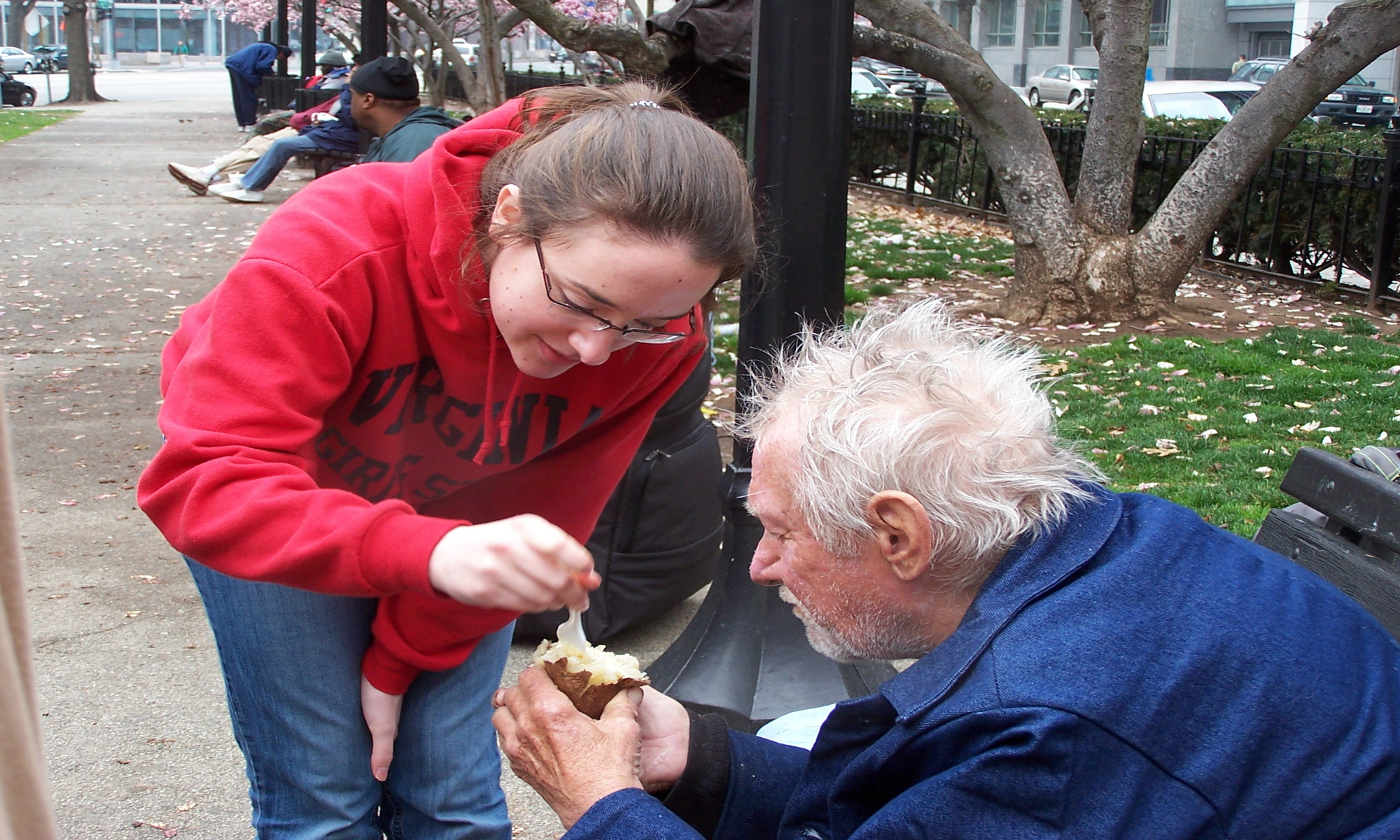April 4, 2012
Martin Luther King was assassinated on this day in 1968 when I was 12 years old. There was a lot I didn’t understand about racial tensions back then. But when cities burst into riots in the days that followed, I knew enough to be saddened. I knew Dr. King would have mourned that betrayal of his commitment to nonviolence. Although I was young, I clearly remember singer James Brown on the radio in Washington, DC trying to find words that might pour some cooling water on the powder keg that was igniting in the nation’s capital.
The day before he was killed, Dr. King spoke to Memphis sanitation workers who were trying to form a union. “I’ve been to the mountaintop!” he exclaimed. “Mine eyes have seen glory of the coming of the Lord!” were the last words he spoke to an audience. I heard these words and was made aware of their timing when I was searching for my own faith. I marveled at their prophetic power, and it helped me to see a God who was present with us, who could prepare our hearts, minds and souls for things we could not foresee.
Today, I heard another line from that speech that resonated with me: “Whenever men and women straighten their backs up, they’re going somewhere because a man can’t ride your back unless it’s bent.”
As I pondered these words of Dr. King, images of the downtrodden people I have known flashed in my mind’s eye. It renewed my passion and focus in ministry and helped me see one thing that the church can help poor and oppressed people accomplish better than anybody else.
We can help people “straighten their backs up.”
We can help them stand on the shoulders of Jesus. Although His back was bent beneath the weight of the cross and our sins, He is strong enough to lift us up.
We can let them know that somebody believes in them and that they are precious, not only in God’s sight, but in ours. Our acceptance of them as humans of equal value helps them stand straighter and more boldly confront the challenges set before them.
It’s not as easy to see the results of this gift as it is to see somebody eat the food we hand out, but it is far more important. Even if their situation in the world never changes, they will change. Even if they remain on the streets, they will “go somewhere” because they recapture that key element of humanity that is too often torn away from them. The food is important for the moment. Helping people “straighten their backs up” is for a lifetime and for eternity.
God’s grace to you,
Steve Jennings
Executive Director
www.TeensOpposingPoverty.org

